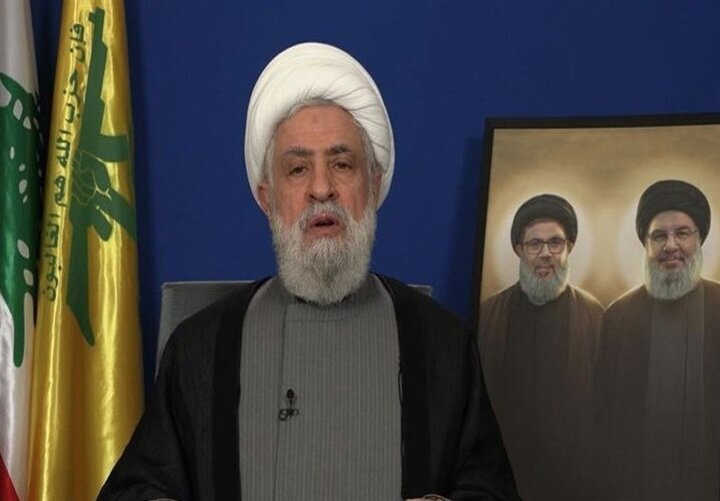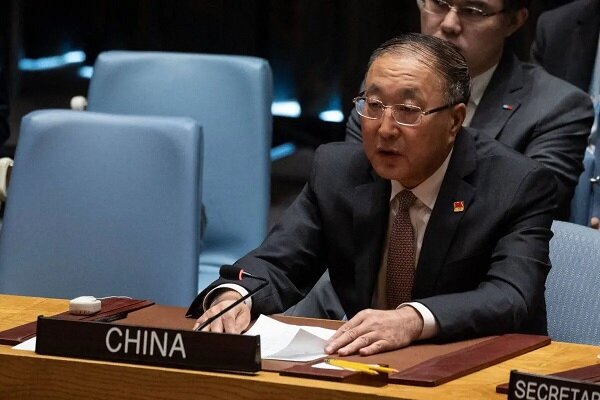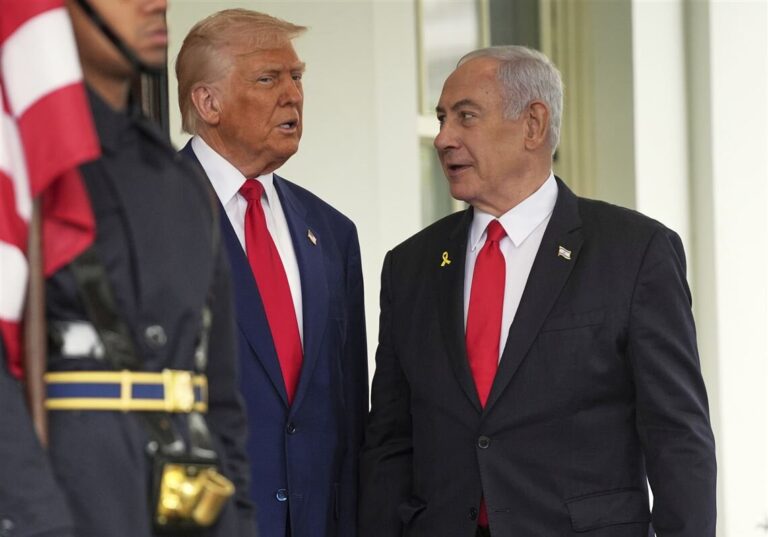Israel Expels Two British MPs as Outrage Grows Over Gaza Medic Killings
In a significant diplomatic incident, Israel has detained and deported two British members of parliament who were part of a parliamentary delegation. This situation raises important questions about international relations and the treatment of foreign officials. According to UK Foreign Secretary David Lammy, the Labour MPs, Yuan Yang and Abtisam Mohamed, were denied entry into Israel as they arrived from London.
The MPs were reportedly rejected based on suspicions that they intended to document the activities of Israeli security forces and spread what the Israeli government describes as “anti-Israel hatred.” This news was first reported by Sky News, referencing a statement issued by the Israeli immigration ministry.
In response to this incident, Lammy expressed his concerns, stating that Israel’s actions are “counterproductive, and deeply concerning.” He emphasized the importance of treating British parliamentarians with respect and has reached out to both MPs to offer support during this time. Lammy also highlighted the UK government’s ongoing commitment to seeking a ceasefire and engaging in negotiations aimed at stopping the bloodshed, freeing hostages, and ultimately ending the conflict in Gaza.
Yang and Mohamed shared their reactions in a joint statement on social media platform X, expressing their astonishment at the Israeli authorities’ decision to refuse them entry. They stated: “We’re astounded at the unprecedented step taken by the Israeli authorities to refuse British MPs entry on our trip to visit the occupied West Bank.”
They further emphasized the necessity for parliamentarians to witness the conditions in the occupied Palestinian territories firsthand, saying, “It is vital that parliamentarians are able to witness first-hand the situation in the occupied Palestinian territory.”
The MPs highlighted their active roles in discussing the Israel-Palestine conflict in the UK Parliament, noting: “We are two, out of scores of MPs, who have spoken out in parliament in recent months on the Israel-Palestine conflict and the importance of complying with international humanitarian law.”
Importantly, they stressed that “Parliamentarians should feel free to speak truthfully in the House of Commons, without fear of being targeted.” This sentiment reflects a broader concern among legislators about the implications of international travel restrictions on diplomatic dialogue.
This is not the first instance of high-profile individuals being denied entry into Israel. Last year, Israel declared United Nations Secretary-General Antonio Guterres “undesirable,” which prevented him from entering the country. Additionally, in February, two members of the European Parliament faced similar restrictions, indicating a trend that may affect how international officials engage with Israel.
As tensions continue in the region, incidents like this highlight the complex dynamics at play between nations and their representatives. The UK government’s position, as articulated by Lammy, underscores a commitment to a diplomatic resolution and a focus on humanitarian concerns.
Furthermore, the refusal of entry to these British MPs raises questions about the future of parliamentary diplomacy and the ability of foreign officials to engage directly with situations that are of significant global interest. The MPs’ insistence on the need for genuine dialogue and exposure to the realities on the ground points to an ongoing struggle for transparency and accountability in international relations.
While the Israeli government defends its actions as necessary for national security, the international community, including the UK, continues to advocate for open communication and the need for all parties to adhere to international standards of human rights and humanitarian law. As the situation evolves, the implications of such actions will likely resonate beyond the immediate context, affecting diplomatic relations and international perceptions of Israel.
In conclusion, the detention and deportation of Yuan Yang and Abtisam Mohamed serves as a poignant reminder of the challenges faced by parliamentarians and the importance of maintaining open lines of communication in addressing complex geopolitical issues. The response from the UK government reinforces the significance of protecting diplomatic dialogue and ensuring that lawmakers can fulfill their roles as representatives of their constituents on the global stage.






